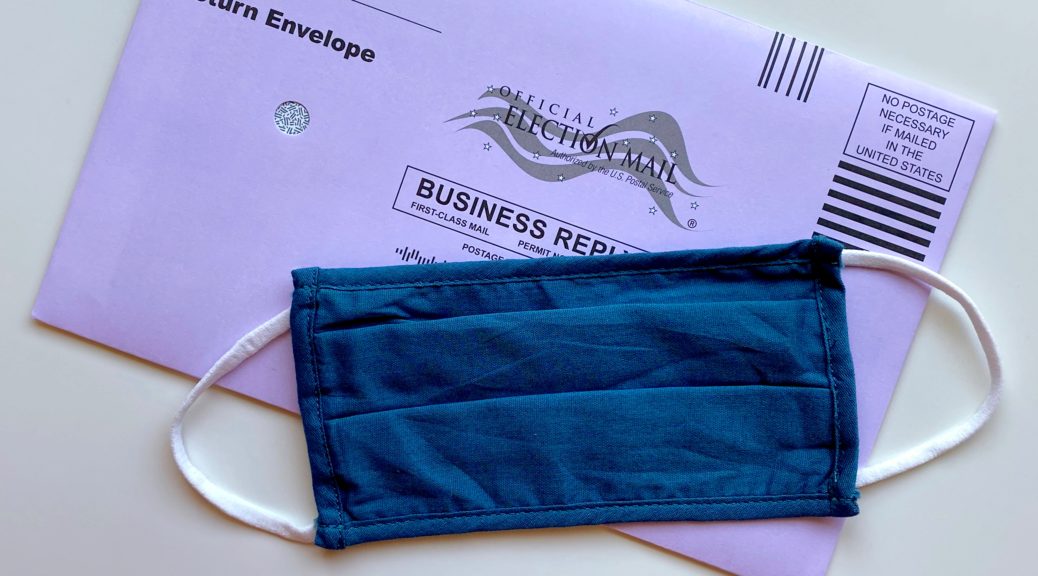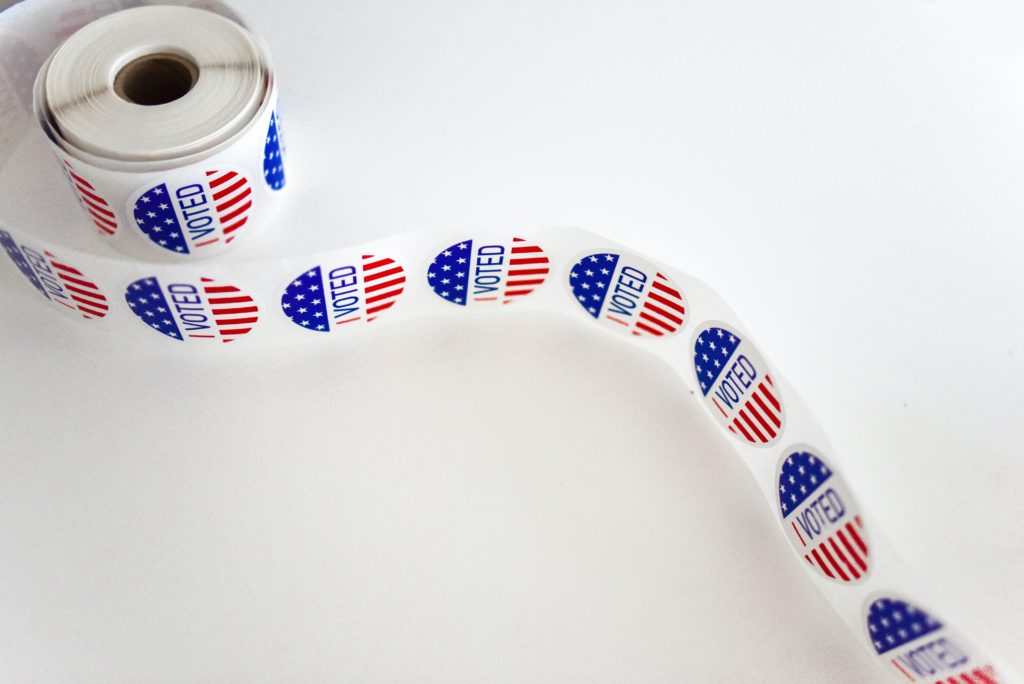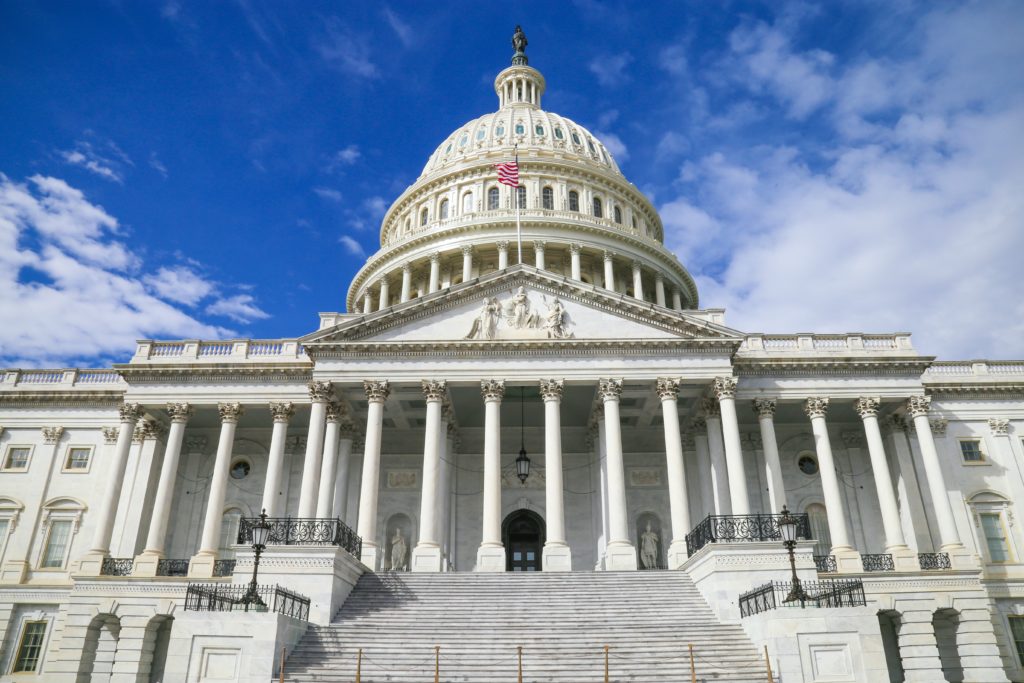By Natalie Grace Sipula
Edited by Natalie Grace Sipula
[6 minute read]
Writing is hard. From a pretty young age, I have greatly enjoyed expressing myself through creative writing, and as I got older, I started to enjoy academic writing as well. I would write poetry about things I observed in my day-to-day life, short stories or fragments of prose, and even entered a few essay-writing competitions. Something I noticed pretty early on about writing is that writing the things that come to your mind without method or intent is a lot easier than writing for an audience. I prefer writing while keeping the reader in mind more because writing only for myself lets me pick up bad writing habits, such as not carefully considering my word choice, as the only person interpreting the writing would be me. But writing creatively for a reader is pretty difficult, and academic-style writing for a reader can be exhausting because most college students already have to do that so much for their classes. A form of writing that I had not previously considered before coming to college, however, was blog writing. When I started working at the USC American Language Institute, I tried out writing for a blog for the very first time. One blog that I wrote about rereading Harry Potter with an older perspective challenged me to consider the perspective of both myself and my audience.

Writing for a blog is a great way to open your creative energy and write to a wider audience while also being able to maintain a level of informality and free expression to your writing. A blog article could be about anything–your daily routine, a hobby you love doing, your journey writing other things, or aspects of your social life. It is a happy medium between writing creatively or academically for others and dabbling in creative writing or journaling for yourself. This can be good because it allows you to practice writing with a sense of accountability, while also having fun. I have written a few blog articles since coming to college, and I found that I had a great time writing them and was actually proud of my work after the fact. I also realized that I was less judgmental of my own writing when writing a blog article, which made it easier for me to actually finish a writing project I started on. For me, the most difficult part of writing a blog article is narrowing down exactly what it is you want to write about.
What can you write about?
Have you ever had that feeling where you are inspired to write something and then as soon as you sit down in front of your journal or computer screen, your mind goes blank? Or when you know of a lot of things you think you might be interested in writing about, but aren’t sure where to start? This is a very common problem writers encounter, but with some consideration and time, it can be overcome. Some common blog topics to inspire you are: life advice about a specific situation or circumstance, a recipe or instructions on how to do/make something, a list of recommendations, a funny or shocking story and a lesson learned from it, hobbies or goals and how to accomplish them, and so much more.
Continue reading How to Write a Blog Article





